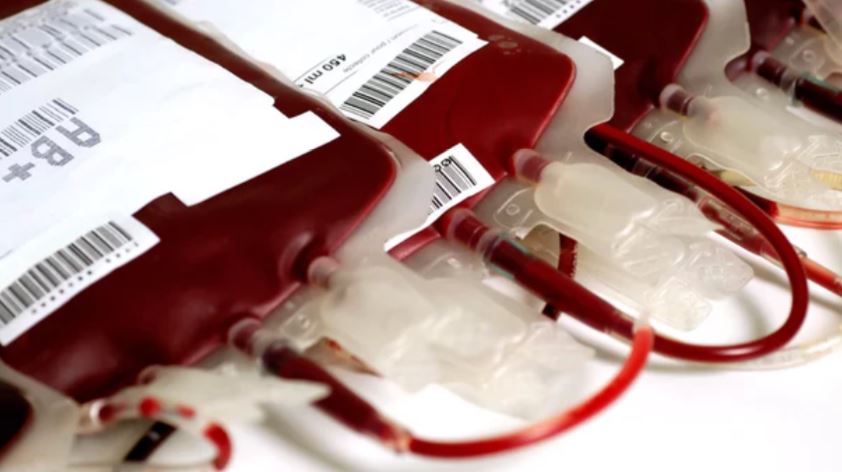×
The Standard e-Paper
Join Thousands Daily

Starved of blood, cash, staff and goodwill, Kenya’s national bloodbank is teetering on the brink of moral receivership.
Kenya’s only blood bank, formally known as Kenya National Blood Transfusion Services (KNBTS), collects, tests, processes and distributes blood and blood products to all transfusing hospitals in Kenya. Accident victims, anemic patients, people undergoing surgery, sickle cell patients, cancer and leukemia patients look up to the bank for their lives.